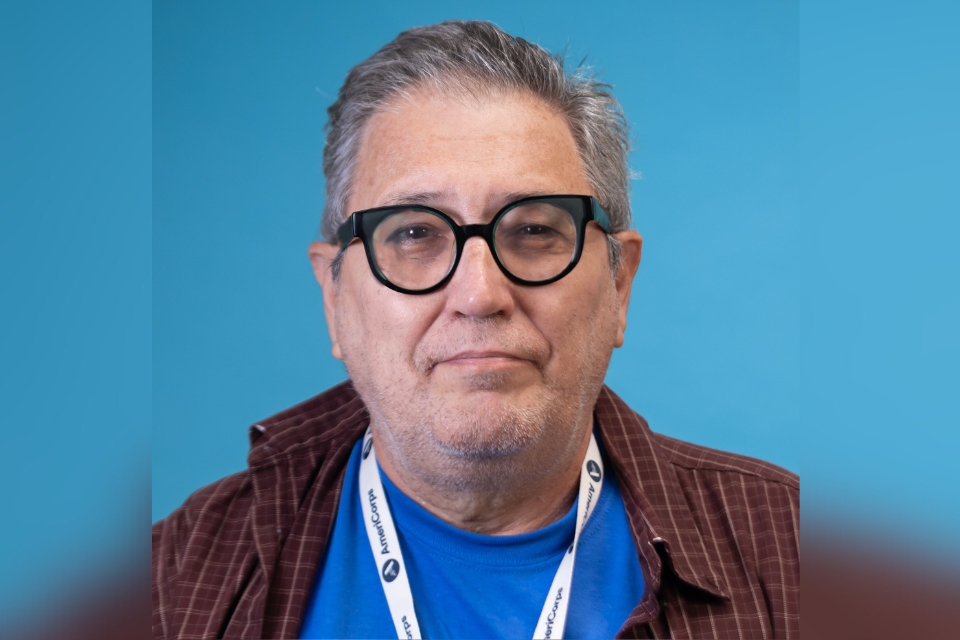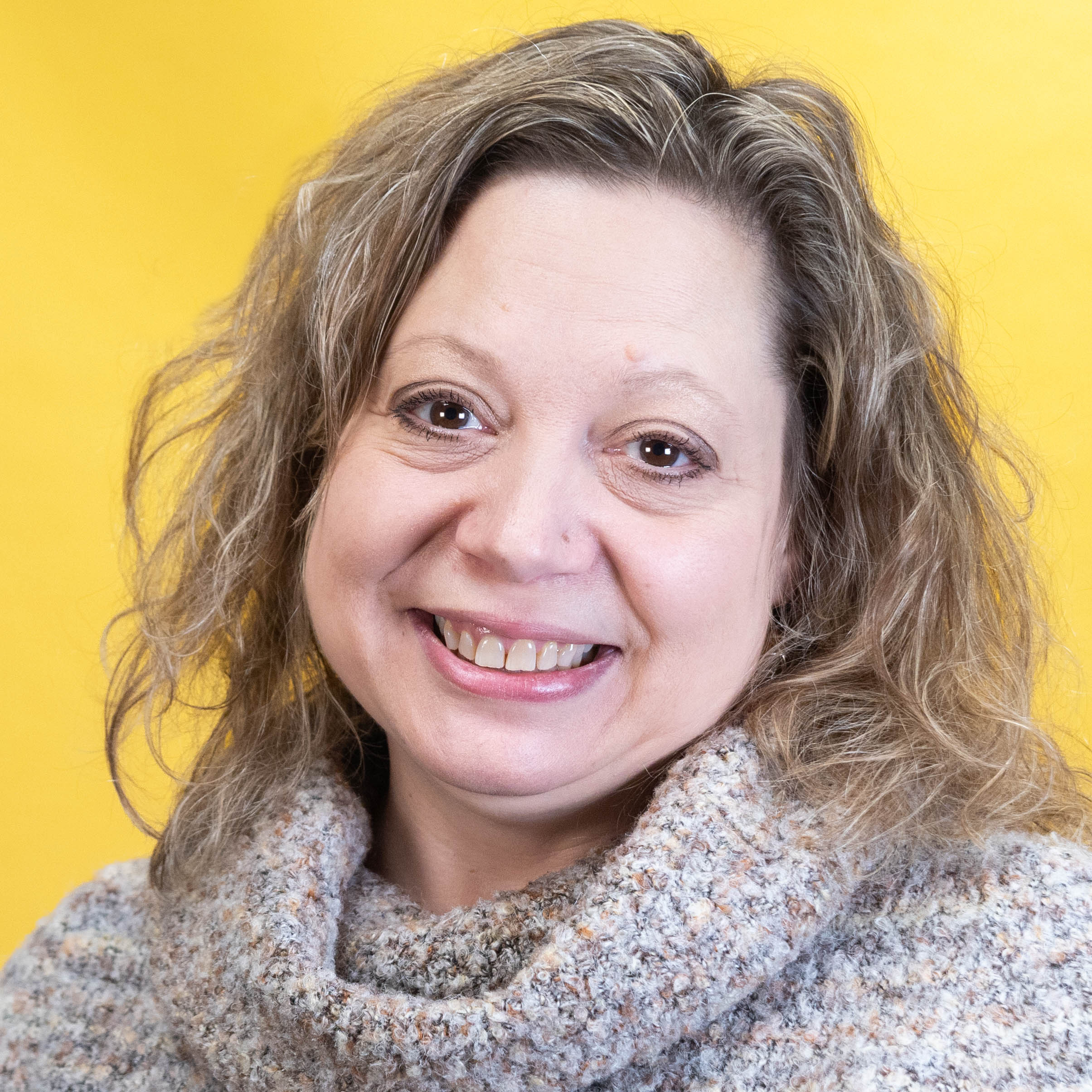
By Israel Centeno
Fifteen years ago, I arrived in Pittsburgh carrying little luggage but a heavy, invisible burden—a traumatic past that still clings to me like a shadow. Yet, this story isn't about what I left behind or the ghosts that trail me. It's about how, in the rupture of exile, I found new roots and a place to call home.
Pittsburgh welcomed me as a writer-in-residence at City of Asylum, an organization that did more than offer refuge—it brought my family to safety and even transported my library of nearly five thousand books. It wasn't just a gesture; it was a life raft, a declaration that my identity as a writer could survive the storm of displacement.
Exile is a brutal severing. Leaving behind the people you love, knowing they remain vulnerable, breeds a persistent fear of reprisals. The anxiety loosened its grip slightly when my wife and daughters finally joined me here. Even then, with family still in Venezuela, I guarded my words carefully when asked about my departure or the circumstances that forced me out.
My healing began at Greater Pittsburgh Literacy Council (GPLC), now known as Literacy Pittsburgh—a haven for immigrants and refugees learning to navigate their new world. In those early days, before my family's arrival, I biked through the city, exercised to exhaust my worries, and attended English classes. I still remember a late summer morning when the first hints of autumn brushed the landscape, and sunlight spilled through the windows of the Literacy Pittsburgh office, painting the space with a soft, golden warmth. Teachers bustled about, their energy quiet but resolute, like bees building a hive. The place felt holy, a cathedral of learning where the mosaic of humanity—Bhutanese, Russian, African, and a few of us from Latin America—came together in shared purpose.
Back then, I had already written much of my life's work, but staying alive as a writer in exile is another kind of labor. When you're expelled from your homeland, you lose more than your country; you lose your audience. Editors in Latin America and Spain stopped responding to my emails. In the already narrow market for Spanish-language books, silence is a sentence of professional death.
I pushed on, publishing with small Venezuelan presses, though even that became perilous. Recently, a publisher confided that she couldn't risk releasing my latest manuscript. The atmosphere in Caracas was too fraught, she said. People were scared, and I remained a man deemed antagonistic to those in power. Publishing my work could draw retaliation—not just against me, but against her as well.
Still, I refused to disappear. Every publication, no matter how symbolic, was an act of defiance. It was a way to keep moving forward, even if only by an inch, to remain alive as an author. Now, I've taken even greater risks: daring to write in English as a Second Language. I recently self-published The Poe's Project, a collection of three Noir novelettes inspired by the gothic aura of Edgar Allan Poe, and I am working on several other books. With these, I've made a promise: half of my humble royalties will go to places in need.
In a pleasant turn of events, I've come full circle to serve at Literacy Pittsburgh, a place that played a pivotal role in my own journey. Now, as a Compass AmeriCorps member, I assist with career advising and contribute my grain of salt to this cherished institution. Literacy Pittsburgh is more than a workplace; it's a unique culture of care and collaboration.
Today, having earned the right to retire, I think...my focus has shifted. Literature remains vital, but it now shares space with an intense spiritual life and a commitment to what I call "radical charity." These forces drive me as I embrace Pittsburgh—a city that has claimed me, as I have claimed it.
A recent encounter brought this full circle. During an interview with AmeriCorps, I discovered that the person managing the program was none other than Jan Paul, one of my first teachers at GPLC. Alongside Gretchen Costello, he had been instrumental in opening doors for me, helping me weave a connection to this city—a city that, over time, has become my own.
Looking back, I see my arrival in Pittsburgh not as an end, but a beginning. Those early days of uncertainty have given way to years of rebuilding, unexpected friendships, and a profound sense of purpose. Pittsburgh, with its scars and its possibilities, is my home now.
Exile, like art, is rarely a choice. But if you're fortunate, you find a place where roots can grow, even among the stones.
Israel’s most recent book can be purchased on Amazon.
Literacy Pittsburgh (formerly Greater Pittsburgh Literacy Council) helps create better lives through learning. Recognized as a national leader in adult and family literacy, Literacy Pittsburgh is the largest provider of adult basic education in Allegheny and Beaver Counties. Last year, Literacy Pittsburgh helped more than 4,000 individuals acquire the skills needed to reach their fullest potential in life and participate productively in their communities. Literacy Pittsburgh provides free, personalized instruction in workforce readiness, high school diploma test preparation, digital literacy, English language learning, math, reading, and family literacy through one-to-one and small class instruction. Founded in 1982, it serves local adults through numerous neighborhood locations and its Downtown Pittsburgh Learning Center.


